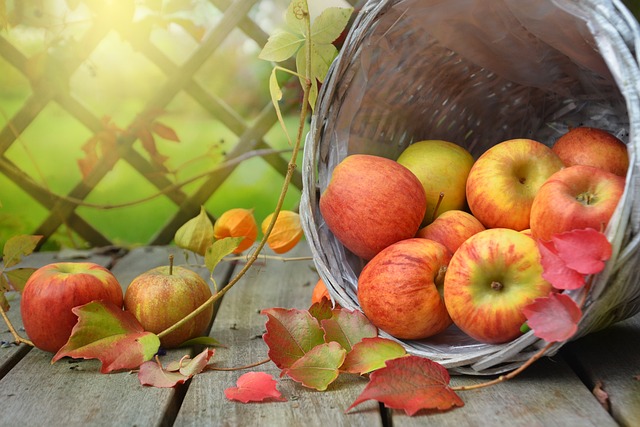Beyond Yogurt: Exploring the World of Probiotic Superfoods
The Power of Probiotics
Probiotics are beneficial microorganisms that provide health benefits when consumed in adequate amounts. These live bacteria and yeasts are often referred to as “good bacteria” due to their ability to support our gut health, digestion, and overall well-being.
While yogurt is widely recognized as a source of probiotics, there is a whole world of probiotic-rich superfoods waiting to be explored. Let’s dive into some lesser-known options:
Kefir
Kefir is a fermented milk drink that originated in the Caucasus Mountains. It is made by adding kefir grains to milk, which contain a mix of bacteria and yeasts. The fermentation process results in a tangy, slightly effervescent beverage packed with probiotics.
In addition to its probiotic content, kefir is also rich in essential nutrients like calcium, protein, and B vitamins. This versatile drink can be enjoyed on its own, blended into smoothies, or used as a base for salad dressings and dips.
Sauerkraut
Sauerkraut is a traditional fermented cabbage dish that has been consumed for centuries. It is made by finely shredding cabbage, salting it, and allowing it to ferment. During fermentation, lactic acid bacteria thrive and produce probiotics.
Aside from its probiotic benefits, sauerkraut is an excellent source of vitamins C and K, as well as fiber and antioxidants. It adds a tangy and crunchy element to dishes and can be used as a topping, side dish, or ingredient in various recipes.
Miso
Miso is a traditional Japanese seasoning made from fermented soybeans, rice, barley, or other grains. It has a unique umami flavor and is commonly used to flavor soups, marinades, and dressings.
During the fermentation process, beneficial bacteria, including the probiotic strain Bacillus subtilis, develop. Miso is also a good source of essential minerals, vitamins, and antioxidants.
Kimchi
Kimchi is a spicy Korean side dish made from fermented vegetables, typically cabbage and radishes, combined with various seasonings like red chili pepper, garlic, and ginger. The fermentation process enhances the flavor and creates probiotics.
Kimchi is not only rich in probiotics but also a great source of vitamins A, C, and K. It can be eaten on its own, added to stir-fries, or used as a topping for rice bowls and wraps. Its spicy and tangy taste adds a vibrant kick to any dish.
Tempeh
Tempeh is a traditional Indonesian food made from fermented soybeans bound together in a compact cake-like form. It has a nutty flavor and firm texture, making it a popular meat substitute among vegetarians and vegans.
The fermentation process behind tempeh results in the formation of beneficial bacteria like Bifidobacterium bifidum. This probiotic-packed food is not only an excellent source of plant-based protein but also rich in fiber, vitamins, and minerals.
Expand Your Probiotic Horizons
While yogurt is undeniably a fantastic source of probiotics, don’t limit yourself to this dairy product alone. Explore the diverse world of probiotic superfoods like kefir, sauerkraut, miso, kimchi, and tempeh.
By incorporating these probiotic-rich foods into your diet, you can diversify your gut microbiota and support your overall health and well-being.
Remember to consult with a healthcare professional before making any significant changes to your diet, especially if you have any underlying health conditions.

